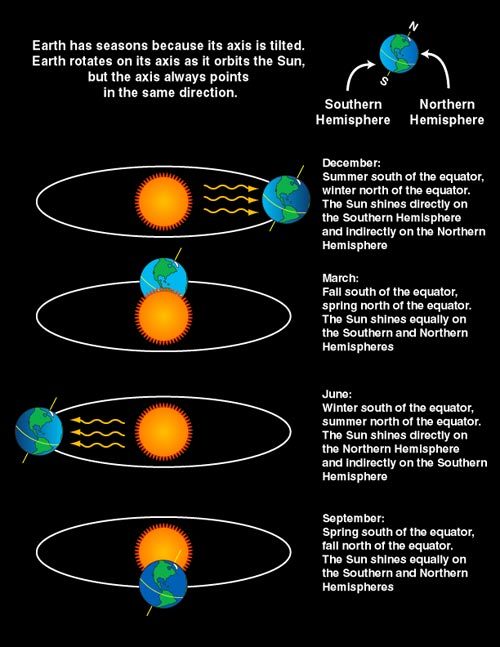
Why Does Leap Year Exist?
The Earth’s orbit around the Sun is not exactly 365 days long. It actually takes about 365.242 days for the Earth to complete one orbit. This means that if we used a calendar with exactly 365 days, we would lose about 0.242 days each year. Over time, this would cause the calendar to drift out of sync with the seasons.
To prevent this from happening, we add an extra day to the calendar every four years. This is called a leap year. Leap years have 366 days instead of 365 days. The extra day is added to the month of February, which normally has 28 days. In leap years, February has 29 days.
The idea of leap years was first proposed by Julius Caesar in 46 BC. The Julian calendar, which was based on Caesar’s proposal, added an extra day to the calendar every four years. However, the Julian calendar was not perfect. It still lost about 0.0078 days each year.
In 1582, Pope Gregory XIII introduced a new calendar, which is now known as the Gregorian calendar. The Gregorian calendar is more accurate than the Julian calendar. It loses only about 0.0003 days each year.
The Gregorian calendar is the most widely used calendar in the world today. It is used in most countries, including South Africa.
Leap Years in South Africa
South Africa has been using the Gregorian calendar since 1806. This means that South Africa has had a leap year every four years since 1806. The next leap year in South Africa will be in 2024.
Facts About Leap Years
- Leap years occur every four years, except for years that are divisible by 100 but not by 400. For example, the year 2000 was a leap year, but the year 1900 was not.
- The extra day in leap years is added to the month of February.
- The Gregorian calendar is the most accurate calendar that has ever been devised. It loses only about 0.0003 days each year.
- The Gregorian calendar is used in most countries in the world, including South Africa.
Conclusion
Leap years are an important part of the calendar. They help to keep the calendar in sync with the seasons. Without leap years, the calendar would drift out of sync with the seasons over time.

